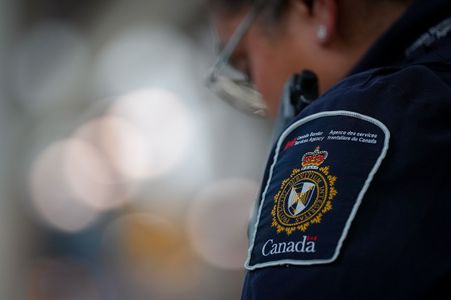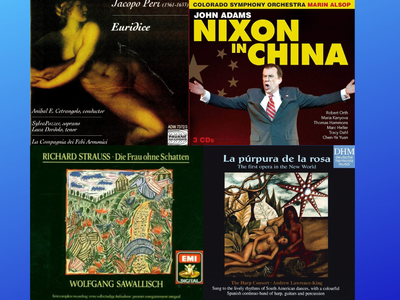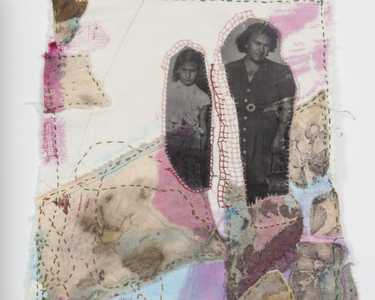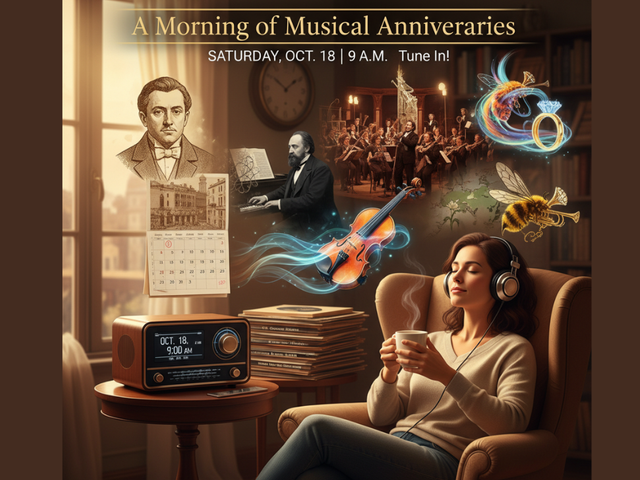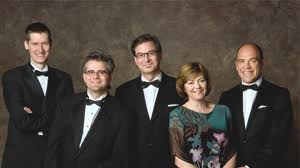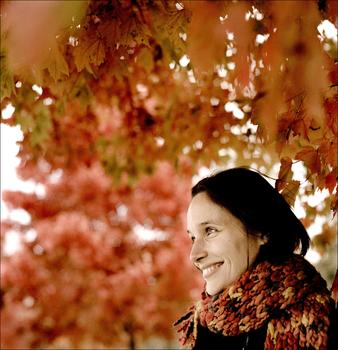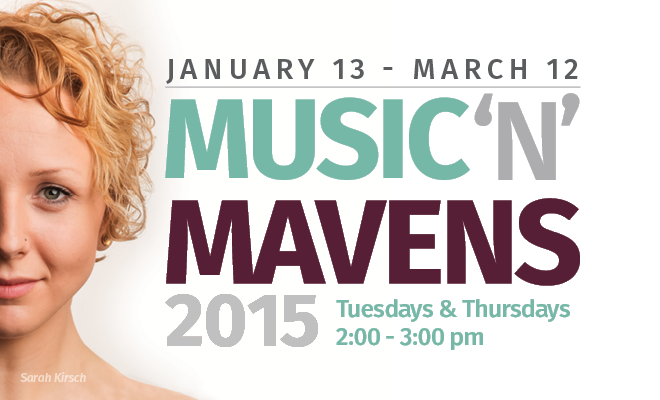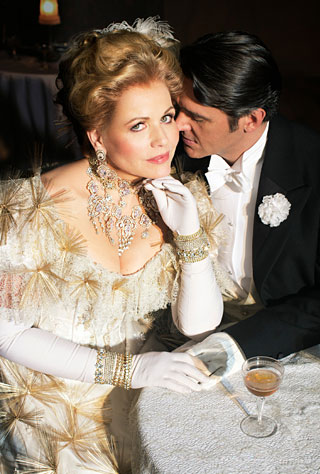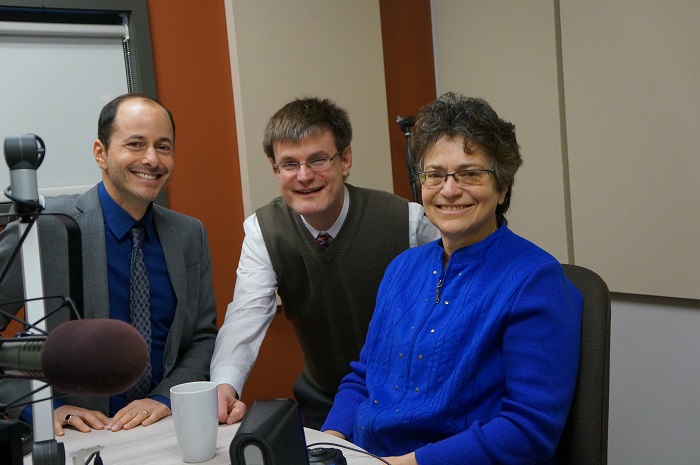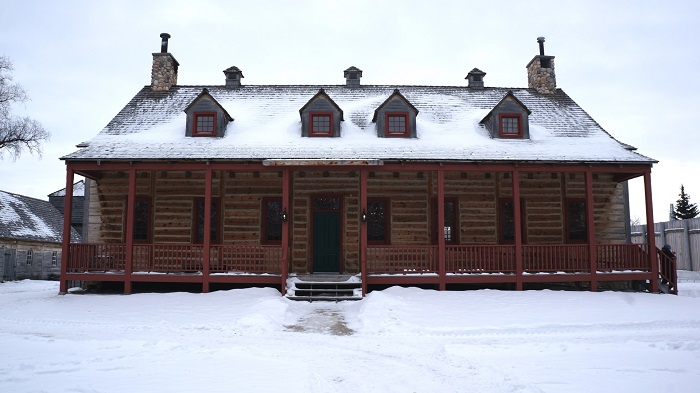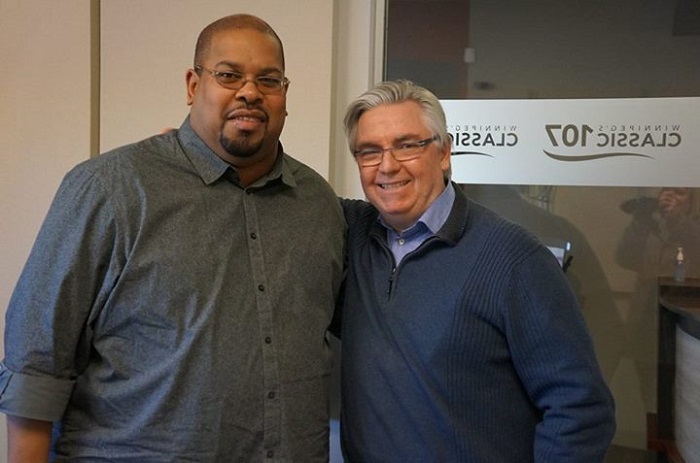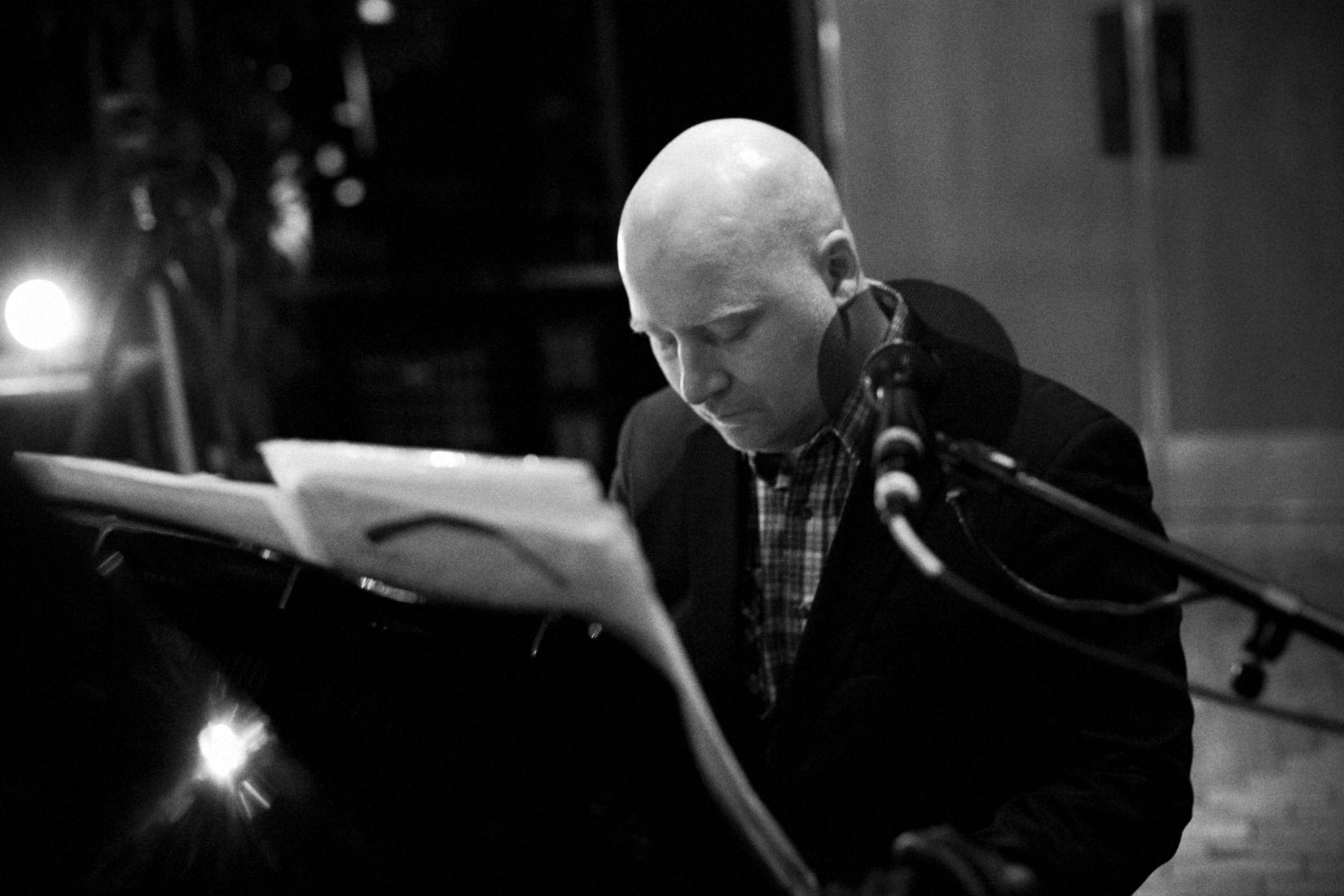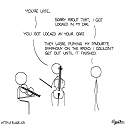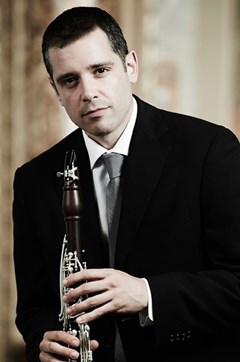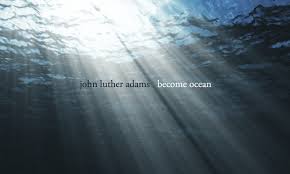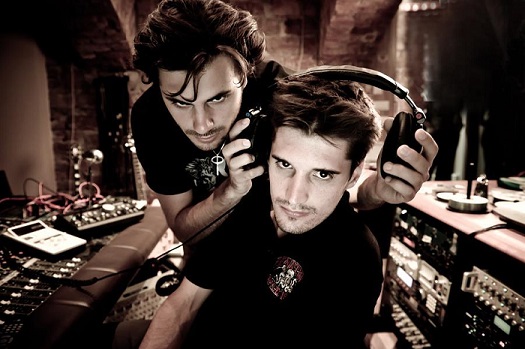Arts & Culture
Travel Through Time at 9 a.m. This Saturday with Our Musical Almanac
A Morning of Musical Anniversaries — Saturday, Oct. 18 at 9 a.m. Set your alarm clocks and pour that first cup of coffee, because this Saturday’s 9 a.m. hour is taking a time-traveling twist! We’re spinning a classical music almanac — a playlist stitched together from big (and sometimes bizarre) moments that happened on this very day in music history. Births, premieres, even a few farewells — it’s like flipping through a sonic scrapbook, where every piece has a story and every minute hits a milestone. Here’s your sneak peek at what’s coming up in this whirlwind of history, harmony, and a few surprising coincidences. 🎂 9:00 a.m. — Baldassare Galuppi: Concerto Primo in G Major Performed by: Ensemble Stil Moderno Reason: 1706 – Birth of the Italian opera composer Baldassare Galuppi, born in Burano near Venice. If your morning coffee hasn’t kicked in yet, this bright and buoyant concerto will do the trick. Galuppi — sometimes called “Il Buranello” after his tiny island hometown — was one of Venice’s busiest composers, known for his sparkling operas and sunny instrumental writing. His Concerto Primo in G Major bubbles with elegance and good humour, setting the perfect tone for our musical birthday bash. 🎻 9:05 a.m. — Brahms: Final movement from String Quartet No. 2 in A minor, Op. 51 No. 2 Performed by: New Orford Quartet Reason: 1873 – First performance in Berlin by the Joachim Quartet. From Venice we jump to 19th-century Berlin, where Brahms finally worked up the courage to unveil his second string quartet. (He’d been nervous about writing quartets for years — imagine following in Beethoven’s footsteps!) The finale we’ll hear is pure Brahms: earthy, energetic, and full of the rhythmic bounce that makes his chamber music so addictive. 🎭 9:12 a.m. — Gounod: “Quel trouble inconnu me pénètre” from Faust Performed by: Jonas Kaufmann with the Prague Philharmonic Orchestra, conducted by Marco Armiliato Reason: 1893 – Death of French composer Charles Gounod in Paris. Time for a bit of operatic drama — it wouldn’t be a musical almanac without some passionate sighing, right? Gounod’s Faust remains one of the most beloved operas of the 19th century, and this aria shows off all the lush, lyrical warmth that made him a hit in Paris. Sung by tenor superstar Jonas Kaufmann, it’s a heartfelt farewell to the composer who gave us some of opera’s most romantic melodies. 🎺 9:20 a.m. — Mahler: Third movement (Scherzo: Kräftig, nicht zu schnell) from Symphony No. 5 Performed by: Chicago Symphony Orchestra, conducted by Georg Solti Reason: 1904 – First performance in Cologne, conducted by Mahler himself. Hang onto your headphones — things get bigger, bolder, and brassier here. Mahler’s Fifth is a symphonic beast, full of extremes: anguish, joy, and everything in between. The Scherzo is one giant musical waltz gone wild, swirling with rhythm and radiant orchestration. Mahler himself conducted its premiere on this day in 1904 — a nice excuse to let those horns roar before breakfast. 🎻 9:37 a.m. — Prokofiev: First movement from Violin Concerto No. 1 in D Major, Op. 19 Performed by: Itzhak Perlman with the BBC Symphony Orchestra, conducted by Gennady Rozhdestvensky Reason: 1923 – World premiere in Paris with Marcel Darrieux as soloist and Serge Koussevitzky conducting. From late-Romantic fireworks to early-20th-century cool — Prokofiev’s First Violin Concerto was years ahead of its time. Written during the chaos of World War I, it’s full of crystalline melodies and shimmering colours. The premiere in Paris helped establish Prokofiev as one of the century’s boldest voices. With Perlman at the helm, this opening movement absolutely sings. 💔 9:46 a.m. — Viktor Ullmann: Two songs from Five Love Songs Performed by: Teng Li, viola, and Meng-Chieh Liu, piano Reason: 1944 – Death of Austrian composer Viktor Ullmann in Auschwitz. Here, the tone shifts. Ullmann was a gifted Austrian composer whose career was cut short in the Holocaust. Even while imprisoned in Theresienstadt, he continued to write — music that glows with courage and humanity. These two “Love Songs” are delicate and poignant, a moving tribute to the endurance of beauty in the face of horror. 🧙♂️ 9:51 a.m. — Howard Shore: The Prophecy & Concerning Hobbits from The Lord of the Rings Trilogy Performed by: London Philharmonic Orchestra, conducted by Howard Shore Reason: 1946 – Birth of Canadian composer Howard Shore. Time to lighten things up with a trip to Middle-earth! Born on this day in 1946, Toronto-born composer Howard Shore gave us one of the most iconic film scores of all time. These two themes from The Lord of the Rings trilogy are pure magic — sweeping melodies, Celtic inflections, and enough brass fanfare to make even Gandalf smile. 🐝 9:58 a.m. — Rimsky-Korsakov: Flight of the Bumblebee Performed by: Wynton Marsalis and the Eastman Wind Ensemble Reason: 1961 – Birth of trumpet legend Wynton Marsalis in New Orleans. We end the hour with a buzz — literally. Rimsky-Korsakov’s famous Flight of the Bumblebee gets a jazzy makeover in this virtuosic performance by birthday boy Wynton Marsalis. It’s flashy, fast, and the perfect musical caffeine shot to finish our almanac hour in style. From Galuppi’s graceful Baroque beginnings to Marsalis’s trumpet fireworks, this hour flies through more than 250 years of music history — all tied together by the date October 18. It’s part history lesson, part party playlist. You’ll hear triumphs, tragedies, and a few musical milestones that might just surprise you. So grab your mug, tune your dial, and join us for this musical time-machine ride through October 18 — proof that every day in history has its own soundtrack.

